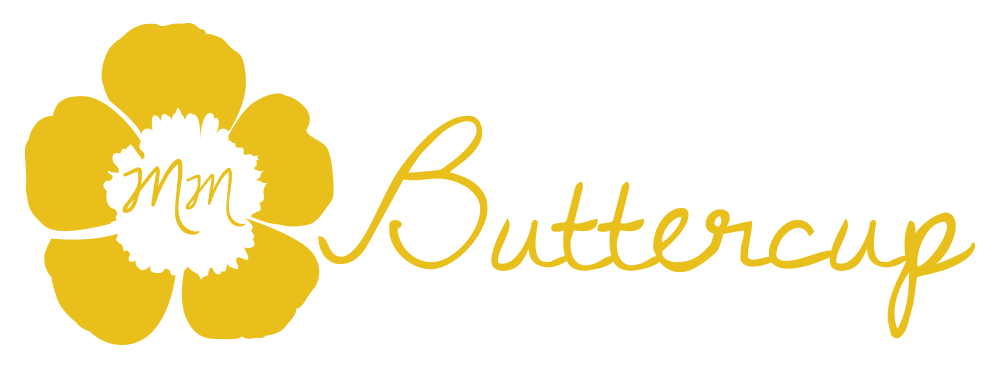by guest blogger Melissa Hogan
Over the past two years, I have researched and studied at one of the finest institutions in our country that offer the Bachelors of Science in Early Childhood Development and Education. My goal was to discover better ways to support early childhood educators, directors, owners and staff. I discovered that this industry is still young in its development (Dr. Sharon Carnahan, Rollins College, 2019, Personal Conversation.) According to NAEYC (2018), the industry is equivocally educated. In my own seventeen plus years, I have found this to be true.
When I first opened a preschool with a popular local franchise, I interviewed applicants with no training, basic forty-five hour trainings, CDAs, and bachelor degrees. In addition to the varying types of education there were the factors of experience, personality, work ethic and professionalism to take into account. My eyes began to open to the fact that each person that I interviewed was valuable and special because they wanted to work with the fastest developing brains in the community, young children. The questions of how to solve this varying educational puzzle began to circle in my head, so I decided to go back to college and earn my doctorate in early childhood.
I am now in the practicum stage of the bachelor’s degree. I have at my practicum placement for one week and already I am applying what I have learned in my coursework at my prestigious college. I am excited to say that there are a whole team of professionals at this placement that are committed to assessing, coaching and supporting ECEs on a daily basis.
Using assessments, I have been given the opportunity to go into the early childhood classrooms and witness how Provider Services Specialists are helping early educators to provide the best teacher-child interactions possible. These teachers have many different educational backgrounds, yes even bachelor degrees, yet still needed the support and guidance of outside sources. This showed me that as the early childhood field strives to get all teachers on an even playing field educationally, the professional development piece is vital because applying all that is learned on an everyday basis can be difficult without the right kind of quality support for all staff involved, including directors.
I am excited to watch the early education field grow and evolve over time, but the biggest take away for me so far has been the value of supporting each other in the field with research-based practices. What we learn in college can be applied, but our education doesn’t stop there. Mentorship, professional development and collaborating with each other on a consistent basis are the keys to providing the best possible start for young children everywhere.
Reference: National Association for the Education of Young Children (2018). DRAFT: Professional Standards and Competencies for Early Childhood Educators. Retrieved from: https://www.naeyc.org/resources/position-statements/draft-professional-standardscompetencies
Message from today’s guest blogger:
My name is Melissa Hogan and the education of young children has been my whole adult life’s work. I knew since I was young that I wanted to be a teacher. I never imagined my passion would include the youngest of children and those that mean to serve them. I have had the honor to be a part of many experiences in the early childhood field including assisting, lead teaching, managing, facilitating community partnerships, and mentoring. It was opening a preschool franchise from the remodel phase to 100% enrollment that I realized my dream of supporting early childhood teachers, their careers and the teacher-child interactions that are vital to any successful early education experience. Motherhood has only strengthened my perspectives of the need for quality early childhood experiences and as I pursue a graduate degree at the University of Central Florida, I am inspired by my own sweet boys daily. I am proud to be a part of an evolving early educational system and hope to implement change for young children globally.

